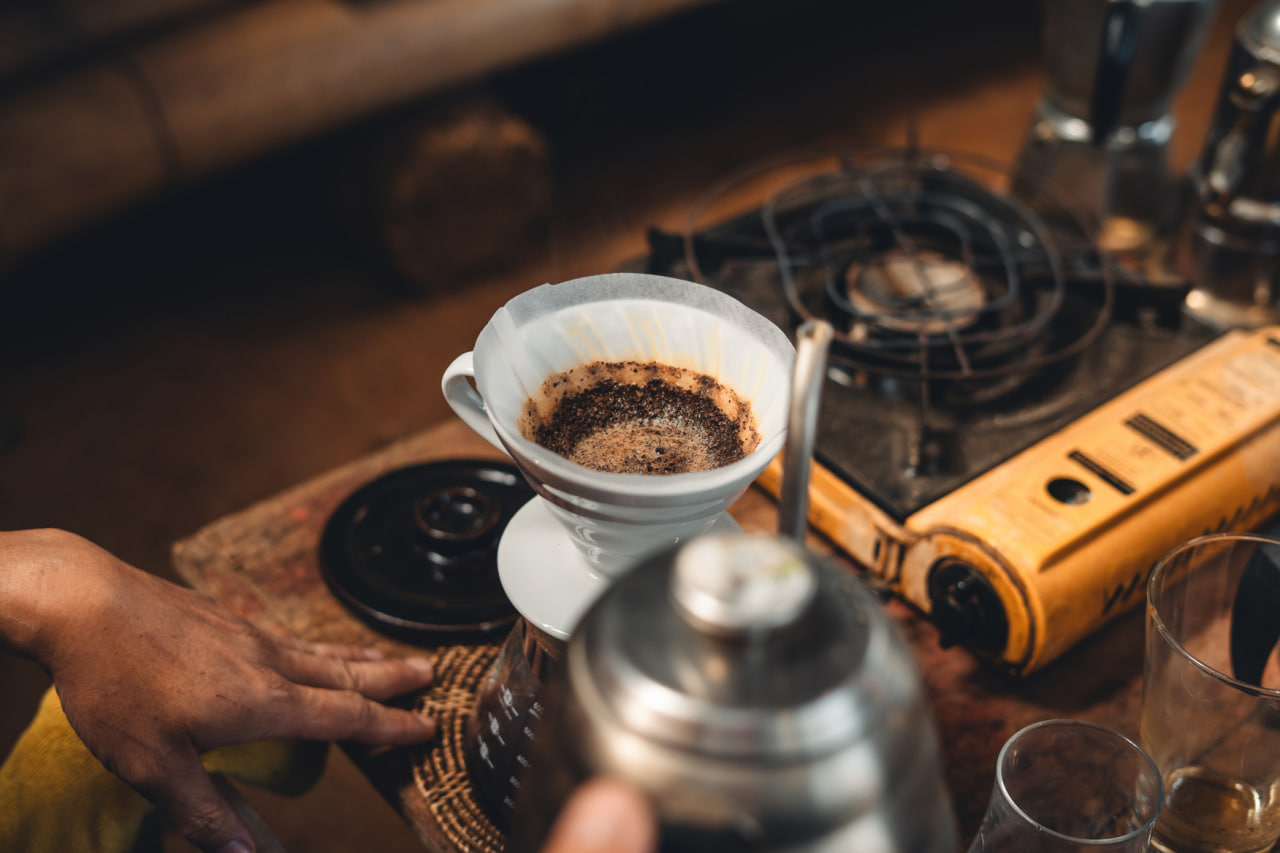Coffee is one of the most traded commodities in the world — enjoyed in nearly every country, across cultures, continents, and generations. Yet behind the comforting aroma of a fresh brew lies a complex global supply chain that faces urgent environmental, social, and economic challenges. From climate change to labor rights, the way we grow, source, and consume coffee has a deep impact on people and the planet.
Sustainability in coffee isn’t just a marketing term — it’s a critical response to a fragile system. In this article, we’ll explore what sustainable coffee really means, why it matters, and how you — whether a barista, roaster, café owner, or consumer — can contribute to a more ethical and resilient coffee industry.
What Is Sustainable Coffee?
Sustainable coffee refers to beans that are grown, processed, traded, and consumed in a way that minimizes harm and maximizes benefit across three main pillars:
- Environmental responsibility
- Social equity
- Economic viability
This means using farming methods that protect ecosystems, supporting fair working conditions for farmers and laborers, and creating a supply chain that is financially stable for everyone involved — from the farmer to the café owner.
Sustainability is not a fixed certification or a single solution. It’s a mindset, a series of choices, and an ongoing process of improvement.
The Environmental Impact of Coffee Production
Coffee farming has a significant environmental footprint. Traditional cultivation methods involved shade-grown coffee in biodiverse forests. However, with the rise in global demand, many farms have switched to sun-grown, industrial-scale plantations that yield more but often at the expense of nature.
Key environmental concerns include:
- Deforestation: Clearing forests for coffee plantations leads to habitat loss and reduced biodiversity.
- Water use and pollution: Washing coffee beans requires large volumes of water, and improper wastewater disposal can contaminate rivers and soils.
- Soil degradation: Over-farming and chemical inputs can erode soil health, reducing long-term productivity.
- Carbon emissions: Coffee’s journey — from farm to roasting, shipping, and packaging — involves significant energy use and transport emissions.
Sustainable practices like organic farming, agroforestry, composting, and renewable energy usage help reduce these impacts and preserve ecosystems for future generations.
The Human Side: Farmers, Labor, and Ethics
At the heart of coffee are millions of smallholder farmers — many of whom live below the poverty line. Despite the high retail value of coffee in cafés, only a fraction of the final price makes it back to those who grow it.
Social sustainability involves:
- Fair wages and labor rights: Ensuring workers are paid fairly, work in safe conditions, and have access to healthcare and education.
- Gender equity: Empowering women in coffee production, who often do much of the work but receive little recognition or income.
- Community investment: Supporting schools, healthcare, and infrastructure in farming regions to improve quality of life and long-term sustainability.
Certifications like Fair Trade, Rainforest Alliance, and Direct Trade aim to address these issues, but true impact goes beyond labels. It requires relationship-building, transparency, and respect for the people at the start of the coffee chain.
Economic Sustainability: Stability Through Quality and Fairness
For farmers to stay in business — and for the industry to survive — coffee must be economically sustainable. That means:
- Paying prices above market minimums for quality coffee, ensuring farmers can reinvest in their farms and families.
- Investing in quality control and education so producers can improve their beans and access specialty markets.
- Reducing volatility in the supply chain, which is often driven by speculation and commodity trading.
Economic sustainability isn’t just ethical; it’s smart. When farmers can depend on fair prices, they can plan for the future, improve quality, and contribute to a more stable and diverse global coffee offering.
Climate Change and Coffee’s Future
Coffee is highly sensitive to temperature and rainfall. Arabica — the most common and high-quality species — grows best in cool, high-altitude regions. As global temperatures rise, many traditional growing areas are becoming unsuitable.
Climate change is already causing:
- Decreased yields and quality
- Increased pests and diseases
- Forced migration of farms to higher altitudes
Sustainable farming techniques like shade-growing, soil regeneration, and climate-resilient plant varieties are essential to protect coffee’s future. But adaptation requires support — financial, technical, and educational — especially for small farmers already on the margins.
What Can Roasters, Cafés, and Consumers Do?
Sustainability is a shared responsibility. While producers carry much of the burden, meaningful change also depends on actions taken further down the supply chain.
Roasters and cafés can:
- Source from transparent, traceable supply chains
- Build long-term partnerships with farmers
- Educate customers about origin, impact, and choice
- Reduce waste in packaging and operations
Consumers can:
- Choose ethically sourced or certified coffee
- Ask questions about where their coffee comes from
- Support local roasters and cafés that prioritize sustainability
- Brew at home in ways that minimize energy and waste
Even small changes — like using a reusable filter or supporting a local direct-trade roaster — contribute to a larger shift in the culture of coffee.
Sustainability at Artisan Coffee School
At Artisan Coffee School, we believe education is the most powerful tool for change. We integrate sustainability into all of our programs — from beginner brewing classes to advanced barista training.
Our students learn not only how to make coffee taste great, but how to ask where it comes from, who produced it, and what systems support it. We emphasize:
- Ethical sourcing
- Transparent supply chains
- Eco-conscious brewing techniques
- Community-centered business practices
We also partner with producers, importers, and cafés who share our values — because great coffee shouldn’t come at the cost of people or planet.

